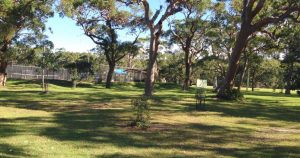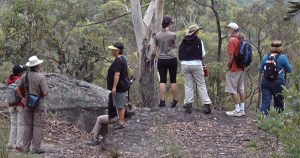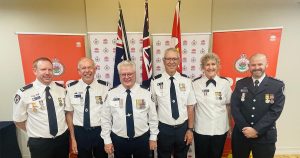The following verse is a very common epitaph reminding the living that death is the ultimate and inevitable end awaiting us all.
Come blooming youths, as you pass by
And on these lines do cast an eye.
As you are now, so once was I;
As I am now, so must you be;
Prepare for death and follow me.
However on a gravestone in a Maryland’s, USA cemetery some wag has added:
To follow you I am not content, How do I know which way you went.
The additional verse asks for directional advice of some sort from the dead. How often when we go to visit our loved ones in the cemetery do we engage in a one-sided conversation with them? To seek advice from the dead or information from past events and histories is a kind of haunting, which according to Freud, society is founded on “the voice of the dead father”. In other words we are seeking fulfilment of a specific cultural moment or experience from a source which no longer exists but which we are content in believing can provide answers to the questions we ask. French phenomenologist and philosopher Jacques Derrida called this phenomenon ‘hauntology’ when he argued Marxism would haunt Western society from beyond the grave in his 1993 critique Spectres of Marx. In contemporary times this concept of advice from the beyond the grave has been expanded into many forms and may be evident on gravestones where a question is posed or a comment is made which makes you think.
It becomes a priority of being and presence where the ghost is neither present nor absent, dead nor alive. This concept cannot really be explained: it just is – a ‘haunting’ in other words.
Haunting gives voice to the departed as a way of maintaining contact we innately seek to satisfy our inner insecurities. But is it the ghost drifting about or our deep inner psyche looking for answers? Perhaps it is a disembodied manifestation of what we really want to know and hear.








